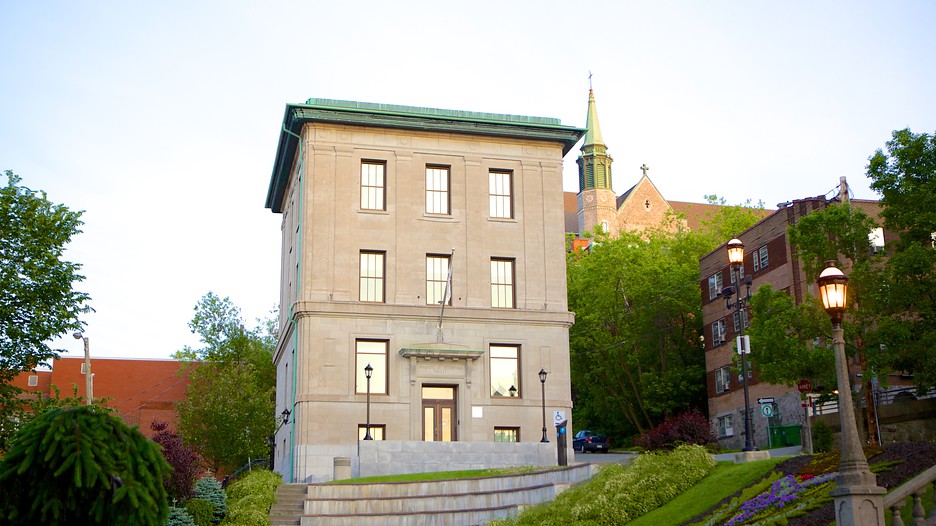
Minnesota cities are diverse, provide a wide range of services to their citizens, and form a powerful, grassroots governmental system that maintains a close relationship with its constituents. Both cities and towns are considered general purpose local governments because they, unlike special districts created for a specific purpose, have been granted the authority to serve the broad‐based needs of their residents. All of these local government units have essentially the same relationship to the state because they are established by state law and are subject to state control.Ĭities and towns are public corporations ( Minnesota Statute 365.02).

The Minnesota Constitution authorizes the Minnesota Legislature to provide for the “creation, organization, administration, consolidation, division, and dissolution of local government units and their functions, for the change of boundaries thereof, for their elective and appointive officers.” The term “local government” applies to cities, counties, towns (townships), and special-purpose districts, such as school districts, soil and water conservation districts, hospital districts, regional-development commissions, and the Metropolitan Council.


 0 kommentar(er)
0 kommentar(er)
